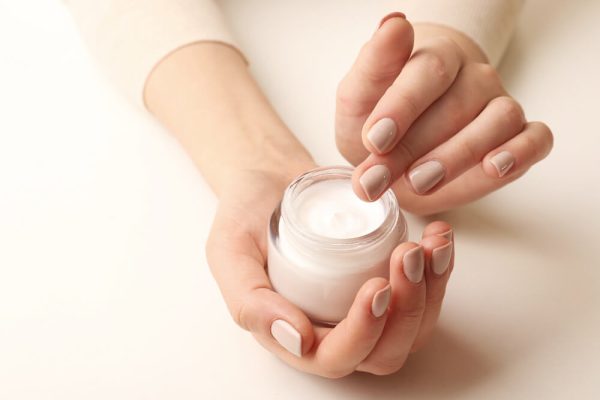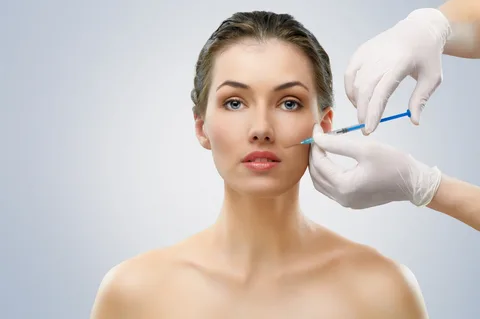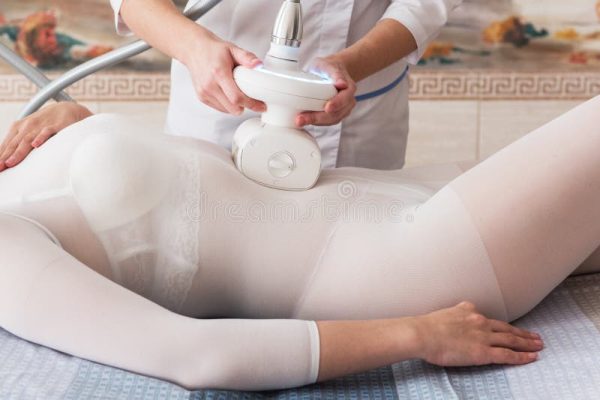Is your hair not as thick and strong as in the past? Well, thinning hair is not only caused by genetics but also by lifestyle habits. Let’s take a look at the effective treatments for thinning hair.
Certain lifestyle habits contribute to this condition, such as color treatments, perms, harsh products, sprays, gels, iron, and folic acid deficiency, excessive stress, etc.
Fortunately, there are various treatments for thinning hair, including prescription medications, essential oils, certain foods, biotin, multivitamins, anti-thinning shampoo, omega fatty acids, and others.
Have a look at the effectiveness of each treatment in detail.
Try prescription medication
Thinning hair can be treated by taking prescription medications, approved by the Food and Drug Administration (FDA). There are just two prescription drugs, which have received official approval, minoxidil, and finasteride. The former is available in treatments of two and five percent, applied directly to the affected areas. It’s considered to be most effective in individuals under forty whose alopecia is recent. Click here to learn how to use minoxidil.
Moreover, the minoxidil treatment is considered effective and safe, but it takes time to show positive results, between six and twelve months. Nevertheless, individuals taking this medication shouldn’t stop the treatment once hair growth goes back to normal, as alopecia will reoccur. It treats baldness but doesn’t cure it. While the adverse effects of taking minoxidil are minimal, you should still be aware of them. These include skin irritation and contact dermatitis.
Finasteride, on the other hand, is an oral drug, which is supposed to be taken in daily doses of one milligram. It is usually used by men who haven’t had success with using minoxidil. Nevertheless, the side effects of finasteride are more severe than those of minoxidil, which is why women are strongly discouraged for using this drug.
Eat foods that boost hair health
Diet is of tremendous importance in improving the health and strength of one’s hair. Fats, proteins, some vitamins, and minerals play a vital role in hair growth. There are some foods that you should consider introducing to your diets, such as eggs, Brazil nuts, walnuts, and fatty fish.
For instance, eggs are a copious source of protein and biotin, both of which induce hair growth. Some people, however, decide to use hair products for regrowth. There are numerous brands, such as Keranique.com, offering hair regrowth treatments. Even if you opt to use some of these products, you should still introduce some changes in your diet.
Brazilian nuts are recommended as a hair-healthy food due to the high amount of selenium. Another food that improves such growth is fatty fish, which is rich in omega-3. Walnuts, just like fatty fish, contain omega-3 as well.

Give essential oils a try
Another home remedy you can try in the battle against hair thinning is essential oils. Even though little research has been done into their effectiveness, these oils are frequently used as a treatment against alopecia. When using essential oils, people need to dilute them in carrier oils to prevent irritation, such as coconut and jojoba oil.
Some of the most frequently used oils include rosemary and peppermint oil. The former is claimed to boost blood flow and, in turn, enhance scalp health. After using this oil for six months, individuals have good chances of experiencing hair growth. The latter is also touted as a promising treatment, providing results as early as four weeks. Also, lavender oil is boasted for its effects in reducing pattern baldness, especially when combined with rosemary and thyme oils.
Moreover, you can use essential oils for performing a scalp massage, which even further promotes blood flow. You should test the reaction of your body to the essential oil you plan to use by putting a small amount on your arm and waiting for twenty-four hours to check whether a reaction develops.

Multivitamins
Another treatment you can try for thinning hair is the use of multivitamins. Keep in mind that the health of your scalp and hair depends on your health in general. If coping with such a problem, you should perform a blood test to determine any nutrient deficiency. In case the test demonstrates a deficiency in some nutrients, you should consider taking a daily multivitamin Douglas Labs Products.
In order for hair to grow strong and thick, it needs enough folic acid, iron, and zinc. Nevertheless, if you already take the necessary vitamins, there’s no reason to take multivitamins daily. The consumption of more nutrients than recommended does more harm to the body than good.
Biotin
Biotin, also known as vitamin B-7, is a nutrient solved in water, which is present in foods like lentils and nuts. By eating a balanced diet, it’s not likely for you to have a deficiency in biotin. Nevertheless, for those whose biotin levels are low, there’s a variety of supplemental forms, promising an improvement in hair growth.
Nevertheless, individuals taking vitamin B-5 in the form of supplements are advised against using biotin supplements. When used in combination, they minimize the efficiency of one another.
Anti-thinning shampoo
Another commonly used treatment for thinning hair is the anti-thinning shampoo, which performs two functions. These products not only provide a greater volume but also promote a healthier scalp. They contain amino acids and vitamins to improve growth over time. The best results are achieved by using these products every single day.
Omega fatty acids
Individuals suffering from thinning hair should increase the amount of essential fatty acids in their bodies, such as omega-3 and omega-6. These aren’t produced by the body, meaning you should consume them through food sources. Omega-3 assists your body in fighting inflammation, which is linked to premature alopecia.
In contrast, omega-6 boosts skin health, which goes in favor of the scalp. Some of the most popular foods that contain omega-3 and omega-6 fats include fatty fish, eggs, walnuts, soybeans, tofu, flaxseeds, etc. Unless you regularly consume these foods, you can use a supplement.
A final note
It’s never too late to start treating your hair to reduce thinning.
The selection of treatments is extensive!





